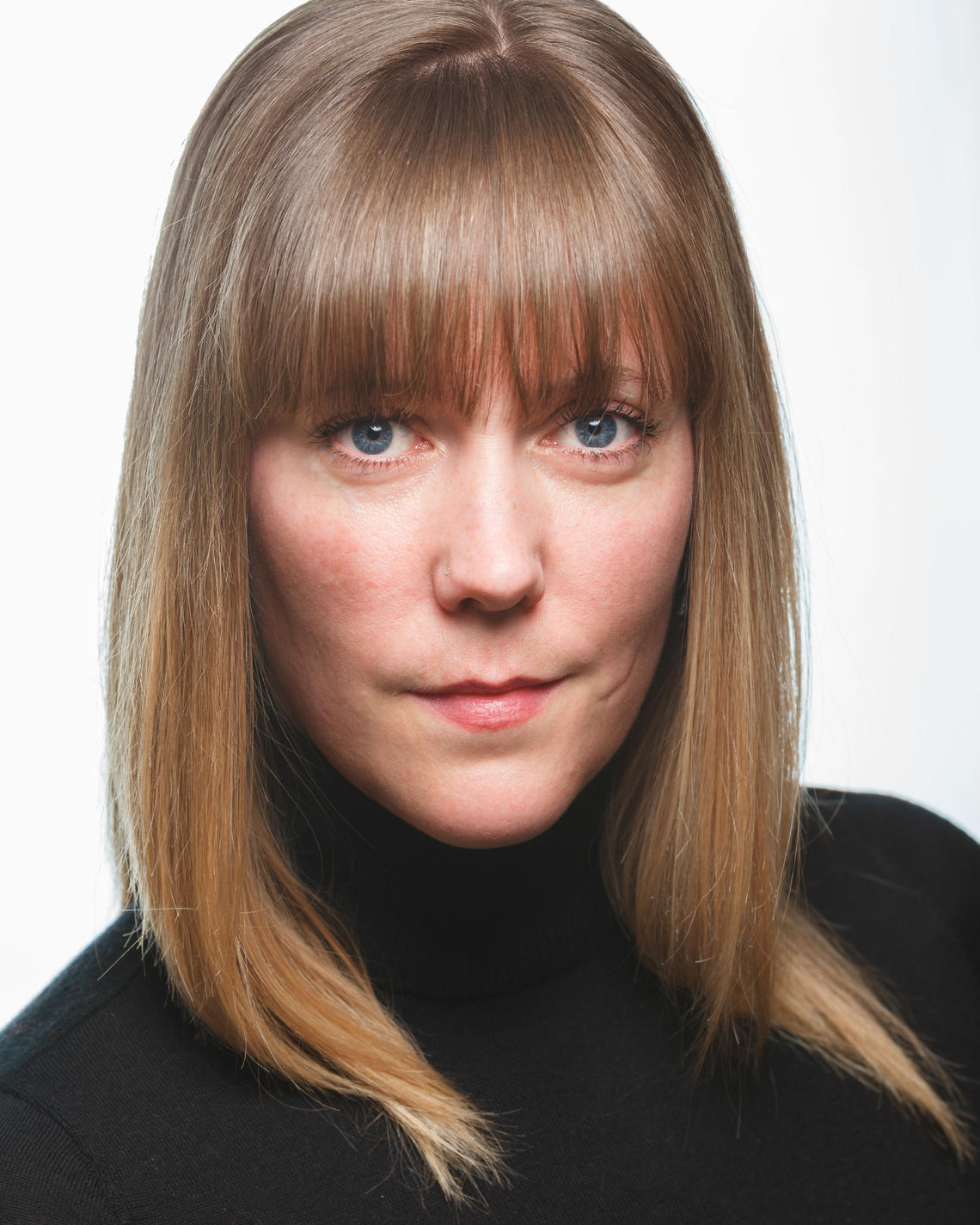Oct. 21, 2020
UCalgary Political Science Interviews: Dr. Melanee Thomas

Dr. Melanee Thomas is an Associate Professor in the Department of Political Science at the University of Calgary
Your work is broadly on elections, public opinion, and gender. How did you become interested in these areas?
The news was always on when I was a kid, so I learned at an early age to be tuned into current events. But, I also learned pretty early on that how folks talk about what they think about politics and the actions they then take are often “mismatched” or seem incongruent on the surface. Studying this shows clearly that some of those seeming contradictions actually make a lot of sense.
Something similar holds for gender: I started to see serious distance between the (sexist) assumptions raised about women and politics in a number of contexts, and the evidence about how gender structures the political world. Here, though, those problematic assumptions rarely have evidence backing them, so the conversations are more like, “oh really? Well, here’s the evidence and it doesn’t support that.” But my interest in searching for and generating that evidence was motivated mostly by the fact that there’s no good justification for any group’s systematic exclusion from politics, be that on the grounds of gender, race, Indigeneity, age—you name it.

Can you tell us about the research projects you have been working on?
On the gender side of things, my largest project is trying to figure out what might explain consistent differences across women and men in things like their political ambition, interest in politics, and how they view their own competence as political actors. These things matter because they speak to how people see themselves as democratic citizens, and so systematic differences in them can tell us about what’s working (and what isn’t) in our democracy. Most of the findings keep pointing back to how much of this is rooted in sexism, though disentangling exactly how and why is the real challenge.
For elections, I’ve got a few projects where my coauthors and I are looking at how much electoral districts affect Canadian elections, and how gender has shaped more recent elections in Canada. And I have a big project on energy transition. We want to see how the public thinks about moving away from fossil fuels towards more renewable sources of energy, and how that maps onto political actors in government (i.e. provincial premiers, the prime minister, etc) speak about and act on the issue.
Apart from your teaching and research, you are also the Graduate Program Director (GPD) in the Department of Political Science. What does a typical week as GPD looks like?
One of the best parts of our job is being able to work with grad students, so it’s no surprise that I love being GPD! Our Grad Program Administrator, Denise Retzlaff, is amazing and in conjunction with her, we plan for the big, busy times of year: applications and admissions, as well as a number of regular professional development sessions we offer for our students (i.e. applying for scholarships). Then, we’re just here for our students, supporting them with whatever they might need, and reaching out to potential students so they know about all the great things about our grad programs.
Finally, tell us a bit about your cat… I hear that it’s got a rather political name!
Oh dear. When I was a grad student, I adopted a kitten named Chairman Meow. At the time, I wasn’t really fond of the name, but struggled to come up with something I liked better. Since then, I’ve kept the mid-20th Century political puns going: there’s been a General Eisenmouser (grey tabby, red collar, Ike for short) and, right now, a Sir Winston Purrchill (orange tabby, existentially worried about everything). Not sure how many more puns we have in us, though.
